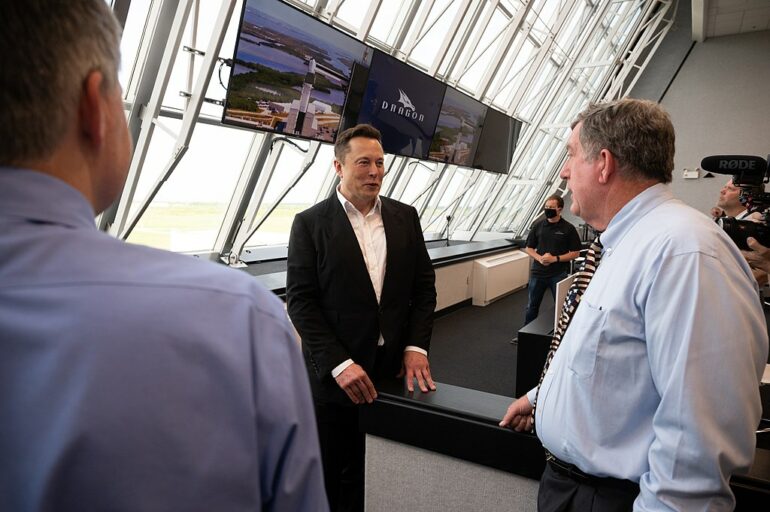This article originally appeared on Fee.org
By: Matt Hampton
Tesla CEO Elon Musk became Twitter’s largest shareholder on Monday after purchasing 9.2 percent of its stock. Musk’s announcement that he would bring big changes prompted speculation that he would expand free speech on the platform, since he has criticized Twitter’s policies in that regard.
However, Musk accepted a seat on Twitter’s board the following day, and board members do not have a say in Twitter’s content-moderation policies, according to Reuters. The PayPal founder will also be prohibited from owning more than 14.9 percent of Twitter’s stock while he’s on its board, meaning he won’t be able to buy the social media company outright until after his term expires in 2024.
So, whether Musk will limit Twitter’s censorship remains unclear.
In any case, some reacted to Musk’s investment on a partisan basis, worrying that the billionaire influencing Twitter could be dangerous. An analysis in The Washington Post claimed (through vague assertions) that his Twitter stake “could be bad news for free speech.” Political commentator and Bill Clinton-era labor secretary Robert Reich tweeted, “What could possibly go wrong with an oligarch determining what constitutes free speech?” One wonders whether Reich and the Post would have expressed similar concerns over “oligarchs” restricting online speech if a tech titan who shared their political beliefs had purchased the stake.
The thing is, billionaires should be the ones to determine what constitutes free speech—at least, on the platforms they fund and own. Social media companies are built with private capital, and if someone wants to change the way those platforms are run, they should take control through the free market.
It is not easy to do so, and change does not always happen perfectly or quickly, but it is preferable for this power to be divided among wealthy entrepreneurs because they face competition from each other, and it prevents power from being concentrated in the State, the largest and most unaccountable monopoly. (To quote Musk, “the government is simply the biggest corporation, with a monopoly on violence and where you have no recourse.”)
The reason the private sector is preferable to the government in this case is that it has greater incentives to do what consumers want. As the famous economist Ludwig von Mises said in Economic Policy: Thoughts for Today and Tomorrow, a businessman “does not reign over conquered territory, independent of the market, independent of his customers. […] This ‘king’ must stay in the good graces of his subjects, the consumers; he loses his ‘kingdom’ as soon as he is no longer in a position to give his customers better service and provide it at lower cost than others with whom he must compete.”
Politicians, on the other hand, answer to the public through elections that may be years away, in which candidates notoriously make promises they won’t or cannot fulfill, and in which voters may or may not have the incentive to understand the many policies at issue. Bureaucrats are even less accountable, many of them sitting in office for decades, never having to face voters.
People who argue for government regulation of social media (whether they think it censors too much or too little) may reply: “You shouldn’t have to be the world’s richest man to influence the policies of social networks.”
But this boils down to a condemnation of the fact that there are high positions of power on top of social media companies. However, it is not clear what would make this power more accessible, so long as these platforms exist. To assume that “the people” would essentially be in charge to the degree that the government controls social media companies is to ignore the facts of public choice economics: That politicians and bureaucrats act in their own self-interest, which is not necessarily aligned with that of their citizens. To make companies “accountable” to the government actually renders them less accountable to ordinary people because it requires them to follow government mandates rather than the will of consumers.
It is rather self-contradictory to argue against concentrated power if your solution is to give more power to the government. The state regulating online speech is more dangerous than Elon Musk or Mark Zuckerberg controlling it, given that the state is the motive behind much of the online censorship we see today.

Matt Hampton
Matt Hampton is the Digital Marketing Associate for the Foundation for Economic Education.
This article was originally published on FEE.org. Read the original article.



